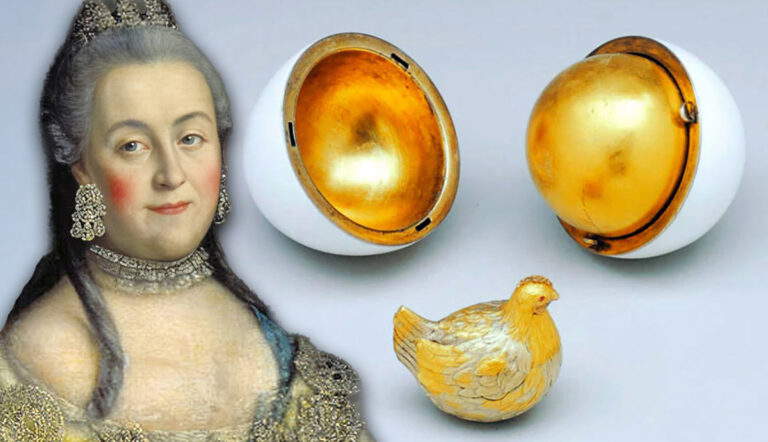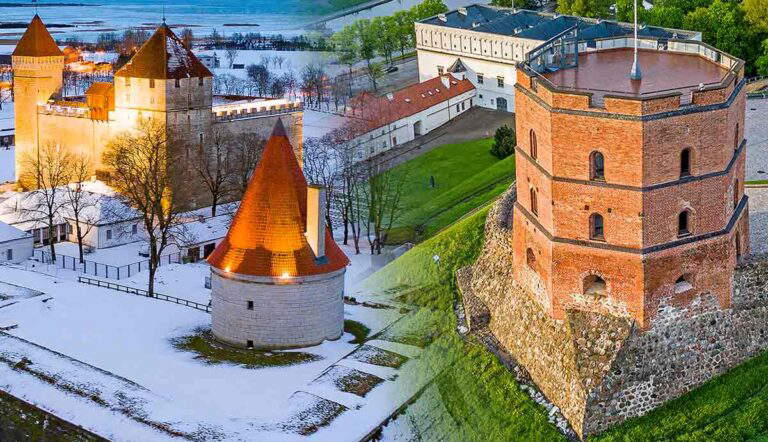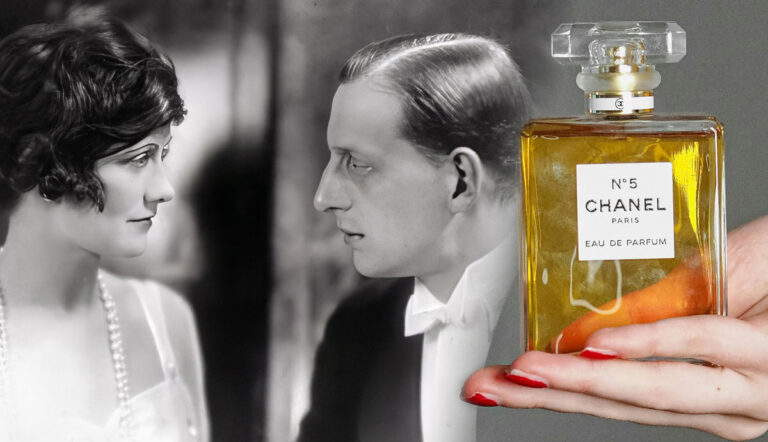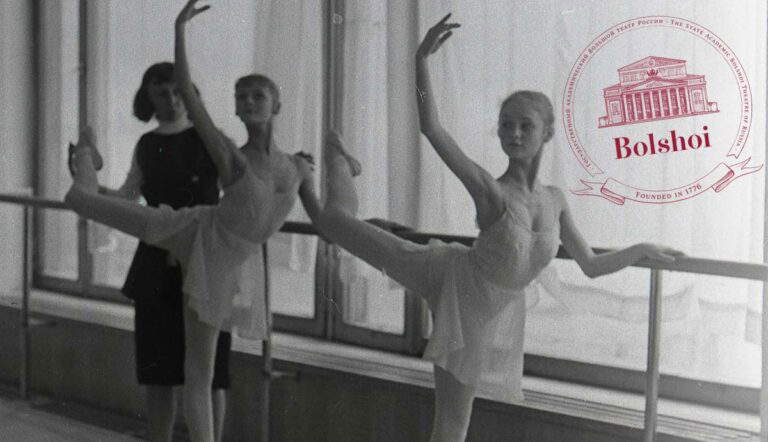
Grace Ehrman
Grace is a Modern European historian, editor, and contributing writer specializing in 19th and 20th-century European history, with a focus on Eastern Europe, Russia, and Ukraine. She holds a Master of Arts in History from Liberty University and studied Russian linguistics at the University of Oxford. Her thesis explored the unrecognized Kuban Cossack state’s anti-Soviet resistance, fight for autonomy, and connection to agrarian revolutionary movements in Ukraine. Her research interests include Imperial Russia, World War I and II, the Russian and Ukrainian Revolutions, peasant resistance, ethnic minorities, and political and cultural life during the Cold War. Her work has appeared on National Public Radio (NPR) and in the Journal of Russian American Studies. She is a member of Phi Alpha Theta, the American Historical Association, and the Association for Slavic, East European, and Eurasian Studies.
Articles by Grace Ehrman
 8 Lost Treasures of the Romanovs
8 Lost Treasures of the RomanovsMany priceless jewels vanished during the Russian Revolution. After the Soviets auctioned off heaps of valuables during the 1920s, many treasures were never seen again.
 10 Must-See Castles in the Baltic North
10 Must-See Castles in the Baltic NorthSkip the crowds on your next European visit with these underrated Baltic castles packed with tourist appeal.
Skip the crowds on your next European visit with these underrated Baltic castles packed with tourist appeal.
 What Was Coco Chanel’s “Slavic Period”?
What Was Coco Chanel’s “Slavic Period”?After WWI, French designer Coco Chanel entered a romance with a Russian grand duke. Here’s how a lost culture inspired Chanel’s new fashion period.
After WWI, French designer Coco Chanel entered a romance with a Russian grand duke. Here’s how a lost culture inspired Chanel’s new fashion period.
 5 Ways White Russian Émigrés Influenced French Culture
5 Ways White Russian Émigrés Influenced French CultureThe Russian Revolution caused a massive refugee crisis in 1920s Europe. Here’s how anti-Soviet émigrés impacted French culture from the Jazz Age to WWII.
The Russian Revolution caused a massive refugee crisis in 1920s Europe. Here’s how anti-Soviet émigrés impacted French culture from the Jazz Age to WWII.
 3 Fun Facts About the Iconic Ciniselli Circus
3 Fun Facts About the Iconic Ciniselli CircusThe Ciniselli Circus acted as a major form of popular entertainment in 19th century Russia. Its accessible nature brought people from every social class together.
The Ciniselli Circus acted as a major form of popular entertainment in 19th century Russia. Its accessible nature brought people from every social class together.
 9 Russian & Soviet Artists Who Influenced Ballet
9 Russian & Soviet Artists Who Influenced BalletIf you know Swan Lake, you’ve probably heard of the Bolshoi Ballet. From tsarist stars to Soviet defectors, discover these famous Russian & Soviet dancers who influenced ballet.
 A Guide to 5 Virtual Russian Museums for Art & History Lovers
A Guide to 5 Virtual Russian Museums for Art & History LoversRussia is home to thriving metropolises like Moscow and St. Petersburg that house some of the world’s most stunning art, artifacts, and architecture.
Russia is home to thriving metropolises like Moscow and St. Petersburg that house some of the world’s most stunning art, artifacts, and architecture.
 Why Is the Bolshoi Ballet So Famous? A Brief History
Why Is the Bolshoi Ballet So Famous? A Brief HistoryThe Bolshoi Ballet is famous for its high art form. Through war, revolution, and scandal, it has entertained tsars, dictators, and audiences worldwide.
 5 Ukrainian Virtual Museums to Visit From the Comfort of Your Home
5 Ukrainian Virtual Museums to Visit From the Comfort of Your HomeUkraine is home to rich cultural heritage sites representing its national identity. Despite the war, Ukraine has opened digital access to many museums for visitors worldwide.
Ukraine is home to rich cultural heritage sites representing its national identity. Despite the war, Ukraine has opened digital access to many museums for visitors worldwide.
 Russian Civil War Propaganda: Posters & Propaganda Trains
Russian Civil War Propaganda: Posters & Propaganda TrainsThe clash between the Soviets and anti-Soviets resulted in a huge propaganda battle, using slogans and visual media to disseminate (dis)information to their audiences.
 5 Forgotten Fights on the Eastern Front in WWI
5 Forgotten Fights on the Eastern Front in WWIKnown as the “Unknown War” fought on land and sea, World War I in the East involved technical innovation and tactical movements on a vast scale.
Known as the “Unknown War” fought on land and sea, World War I in the East involved technical innovation and tactical movements on a vast scale.
 Bim-Bom: How a Soviet Clown Duo Defied the Soviets
Bim-Bom: How a Soviet Clown Duo Defied the SovietsIn Soviet Russia, comedy revolved around propaganda. Against this totalitarian backdrop, two Polish wags debuted a daring routine when political jokes qualified as extreme sport.
In Soviet Russia, comedy revolved around propaganda. Against this totalitarian backdrop, two Polish wags debuted a daring routine when political jokes qualified as extreme sport.